If you’re a motorcycle rider in Tennessee, you may be wondering if the state has a helmet law. The answer is yes! It’s important to understand the requirements of the law so that you can stay safe on the road and comply with the law. In this article, we’ll answer some frequently asked questions about Tennessee’s helmet law and provide useful tips for riders. We’ll also discuss the consequences of not wearing a helmet in Tennessee, so keep reading to learn more!
Table of Contents
What Is Tennessee’s Helmet Law?
Tennessee’s helmet law requires all motorcycle riders, regardless of age, to wear a protective helmet while riding. The helmets must also meet the U.S. Department of Transportation’s standards for safety and must be securely fastened with a chin strap at all times when the bike is in motion. [3]
Tennessee’s General Rule for Motorcycle Helmet Use
In Tennessee, all motorcycle riders and passengers are required to wear a helmet that meets the standards of the US Department of Transportation (DOT). The DOT requires helmets to have a label with certification from either the Snell Memorial Foundation or the American National Standards Institute.
It’s important to note that each rider must provide their own helmet. No person may operate a motorcycle that has more occupants than the number of helmets on board. [3]
Are There Exceptions to Tennessee’s Helmet Law?
Yes, there are some limited exceptions to Tennessee’s helmet law. The exceptions are outlined in the Tennessee Code Annotated 55-9-302:
- Riders who are at least 21 years of age and have been licensed to operate a motorcycle for at least one year or have passed an approved safety course may ride without wearing a helmet.
- Riders who are over 18 and have proof of health insurance coverage that meets minimum requirements may ride without a helmet.
- Riders with an enclosed cab or in certain parades, motorcycle clubs, and/or special events may also be exempt from wearing a helmet as long as they meet the criteria outlined by Tennessee law. [3]
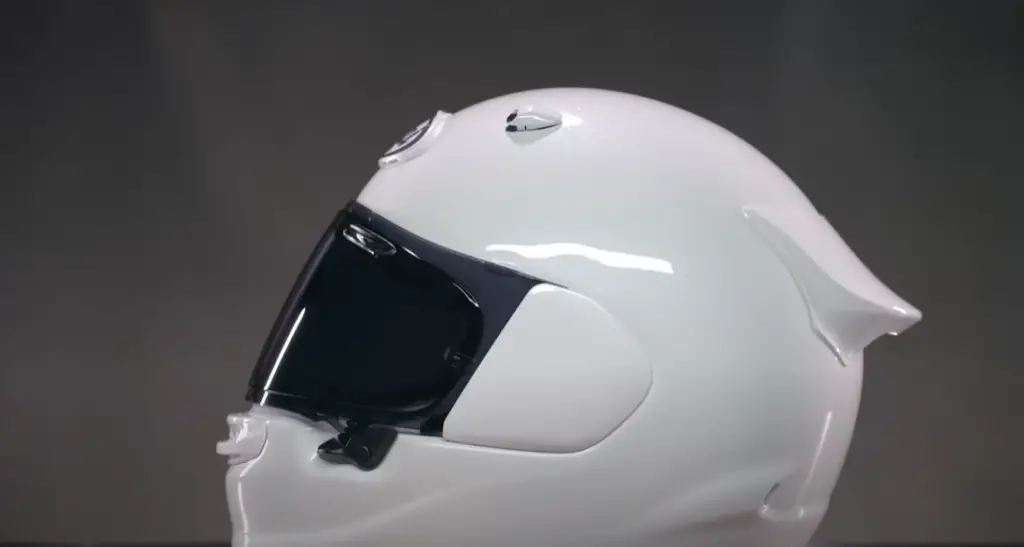
Complying with Tennessee’s Insurance Exception
In Tennessee, motorcyclists may ride without a helmet if they meet certain insurance requirements. You must have liability coverage of at least $10,000 per person, $20,000 per accident, and $5,000 for property damage; this is known as the “insurance exception.” The policy should also include a provision for medical payments or no-fault coverage up to $10,000. If you meet these requirements and have an insurance card with the proof of coverage on it, you can ride without a helmet in Tennessee. [1]
When Did Tennessee Repeal Its Helmet Law?
In April of 2020, Tennessee passed a repeal of its mandatory helmet law. It’s now considered an open choice state where individual riders have the option to wear a helmet or not. Although it is no longer required by state law to wear a helmet when operating a motorcycle in Tennessee, most safety organizations and motorcycle groups strongly recommend wearing one.
Even with the repeal of the helmet law, Tennessee continues to enforce several other laws that may affect riders. For example, minors under 18 years old are considered too young to operate a motorcycle and must be supervised by an adult if they wish to ride. Additionally, motorcycles are required to have approved protective devices such as windshields and headlights. [2]
Is Tennesseei’s Helmet Law Constitutional?
Tennessee does have a helmet law, and it is indeed constitutional. The state has required motorcyclists to wear helmets since 1967. Motorcyclists who are over 21 years of age may ride without a helmet if they have held a motorcycle license for at least one year and have either completed an approved safety course or carry at least $10,000 in medical insurance coverage.
In 2009 the Supreme Court of Tennessee ruled that the state helmet law did not violate the constitution’s guarantee of individual liberty and privacy. The court held that because motorcycle riders pose a greater risk of injury to themselves and others than motorists do, it is reasonable for the state to require them to wear protective headgear. [2]
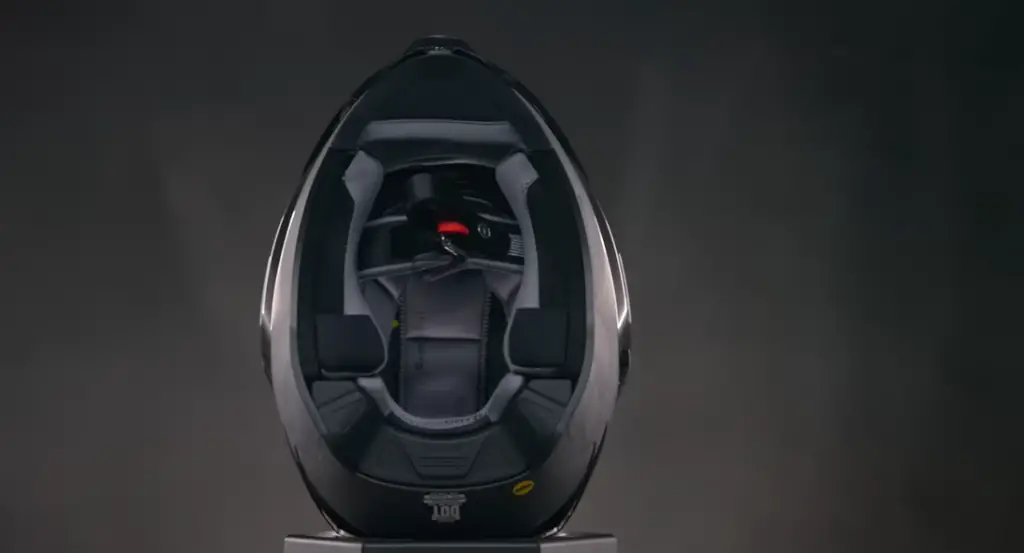
Is Eye Protection Required for Motorcyclists in Tennessee?
No, eye protection is not required for motorcyclists in Tennessee. However, it can be extremely important to wear goggles or a face shield to help protect yourself from bugs, dust, and debris that could enter your eyes while you’re riding. Additionally, having proper uv protection for your eyes can help prevent long-term damage from the sun. Wearing a helmet with an integrated face shield is one way to ensure that your eyes are protected while you ride. [2]
What Is the Penalty for Operating a Without a Helmet in Tennessee?
Riding without a proper helmet in Tennessee is considered a Class C misdemeanor, and the penalty can include fines up to $50. In addition, those who are caught riding without a helmet may have their driving privileges suspended for up to three months. [1]
Tennessee Helmet Laws and Car Accident Compensation
Tennessee has a helmet law that requires all riders and passengers of motorcycles, mopeds, ATVs, and other motorized vehicles to wear protective headgear. The purpose of the law is to ensure rider safety and to protect victims from serious injuries resulting from car accidents.
Motorcyclists must wear helmets that meet the standards set by the Tennessee Department of Safety and Homeland Security. A violation of the helmet law is a Class C misdemeanor, punishable by up to 30 days in jail and/or a fine of up to $50. In addition, motorcyclists may be held liable for damages if they are involved in an accident while not wearing a helmet. [1]
Comparative Negligence and Motorcycle Accidents
In Tennessee, a motorcycle rider has the same duties of care as any other motorist on the road. This means that they must operate their vehicle at a safe speed and obey all traffic laws. However, if an accident happens and it’s found that the motorcycle operator was partially responsible for causing it, they will still be able to recover damages from the other driver. This is called comparative negligence, and it’s an important aspect of Tennessee’s motorcycle helmet law.
Under Tennessee’s comparative negligence law, a motorcyclist can recover damages even if they were partially at fault for causing the accident. The amount of recovery will be reduced by their percentage of fault in causing the accident. [1]
Not Wearing a Helmet and Claiming Compensation
If you’re not wearing a helmet, you may be able to make a claim for compensation if you’re involved in an accident. However, it’s important to keep in mind that the court may consider your failure to wear a helmet as contributory negligence and therefore reduce the amount of damages awarded. Furthermore, depending on the circumstances, you may be held criminally liable for not wearing a helmet. [1]
Do Motorcycle Helmets Save Lives?
Yes – motorcycle helmets save lives. According to the National Highway Traffic Safety Administration (NHTSA), when riders use a helmet, it can reduce the risk of death by 37%. Furthermore, in 2020 alone, approximately 1,730 motorcyclists’ lives were saved by wearing a helmet. Helmets also reduce the chance of severe injury or brain damage, making them vital for motorcycle riders. [1]

Reasons to Always Wear a Helmet
No matter where you are riding, it’s always a good idea to wear a helmet. Even if Tennessee does not have an enforced helmet law, there are plenty of reasons why wearing one is still important.
Helmets are also great for protecting against the sun’s harmful UV rays. Wearing a helmet with a visor or shades will protect your eyes which is important when riding, since you have to be aware of your surroundings at all times.
Finally, wearing a helmet can help increase visibility and make it easier for others on the road or nearby to spot you. It’s important to stay as visible as possible when riding, so that you don’t get into an accident due to another driver not seeing you. [3]
Enforcement of Tennessee’s Helmet Law
In Tennessee, all riders and passengers under the age of 21 must wear a helmet while operating or riding on a motorcycle. Motorcycle operators over the age of 21 are allowed to ride without wearing helmets if they have completed an approved safety course approved by the State of Tennessee.
Law enforcement officers can issue citations for violations of this law. Violators may be subject to a fine of up to $50 for first offenses and fines of up to $100 for second or subsequent violations. [3]
What You Need to Know About Helmet Laws for Children
If you’re a motorcyclist or cyclist living in the state of Tennessee, you need to know about the helmet laws that apply to both adults and children. The purpose of these laws is to ensure safety on the roads and protect riders from serious head injuries. It’s important to understand what these laws are before hitting the roads.
In the state of Tennessee, it is mandatory for all motorcyclists and children who are passengers on a motorcycle to wear helmets that meet specific standards set forth by the state. The helmet must be securely fitted and fastened with a chin strap so that it does not come off during a crash or collision. Additionally, all riders must wear protective eyewear or a face shield. [3]
Vehicles to Which the Motorcycle Helmet Laws Do Not Apply
In addition to motorcycles, Tennessee’s helmet law also applies to mopeds and all-terrain vehicles (ATVs). However, the law does not apply to people operating three-wheeled motorized scooters. Additionally, passengers in sidecars attached to a motorcycle or moped are not required to wear helmets. [3]
What Is The Difference Between Certified And Non-Certified Helmets?
In Tennessee, the law requires that all motorcyclists (and passengers) wear a helmet that meets certain standards of safety. Certified helmets are those that have been approved by the Department of Transportation (DOT) for use on public highways and roads. These helmets must be labeled with an official DOT certification sticker on the outside of the shell.
Non-certified helmets, on the other hand, are those that have not been certified by the DOT and could potentially be made of lower quality materials or lack certain safety features. Non-certified helmets are legal to wear in Tennessee but may provide inadequate protection in the event of a crash. [3]
Who Is Liable In A Motorcycle Accident?
If you are involved in a motorcycle accident in Tennessee, it is important to know who may be liable for any damages. Generally, the driver at fault will be held responsible; however, there can be additional factors that come into play such as whether or not the other driver was negligent or if a defective product caused the accident. Additionally, Tennessee does not have contributory negligence laws, which means that even if the injured party was partially at fault for the accident, they may still be eligible to recover damages. [3]
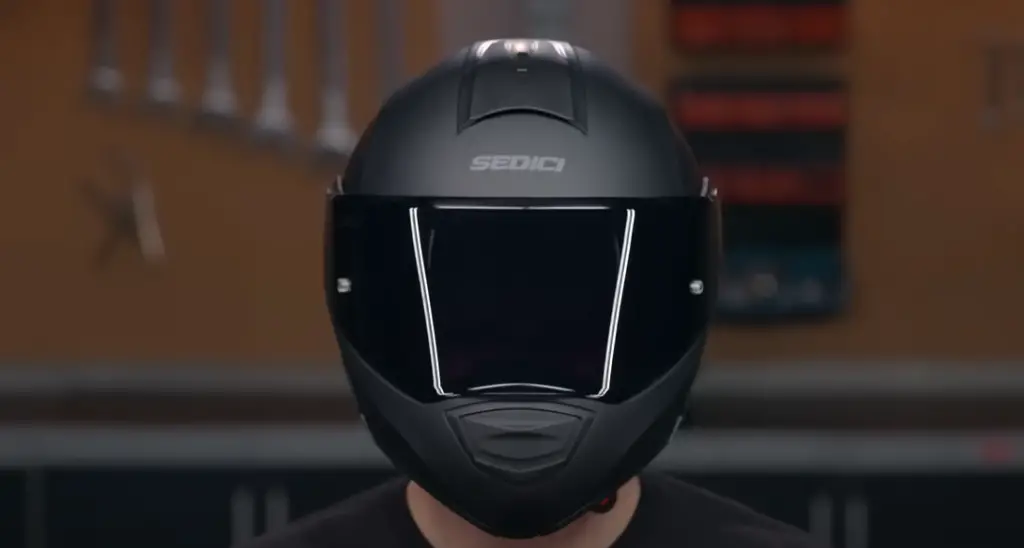
Is Choosing Not To Wear A Helmet Considered Negligence?
In Tennessee, riders are not legally required to wear a helmet while operating or riding on a motorcycle, bicycle, or other motorized vehicle. However, that does not mean that choosing not to wear one is considered negligence.
If you choose to forgo wearing a helmet and get into an accident, you may still be held responsible for the injuries that you sustain. It is possible that not wearing a helmet may be used as evidence of negligence in some cases. This means that, if an injured party can prove that they were injured due to your decision not wear a helmet, even though there was no law requiring it, they may be able to recover damages from you. [3]
Are Helmets Effective In Preventing Injuries?
Yes! Wearing a helmet is essential for anyone who rides a motorcycle in Tennessee. According to the National Highway Traffic Safety Administration (NHTSA), helmets are estimated to be 37 percent effective in preventing fatal injuries and 67 percent effective in preventing brain injuries.
Helmets provide protection against skull fractures and traumatic brain injury, two of the most common and devastating injuries that can result from a motorcycle accident. Additionally, helmets reduce wind noise to make it easier for riders to hear what is happening around them on the road. [1]
Other Ways To Prevent Motorcycle Injuries
In addition to wearing a helmet, there are other ways that motorcyclists can prevent injuries while riding.
These include:
- Always wear protective gear while riding, such as boots, long pants, and gloves.
- Make sure your motorcycle is properly maintained and serviced. Check tires for proper inflation and tread wear, brakes are functioning correctly and the chain is properly lubricated.
- Be aware of your surroundings while riding. Stay alert to possible hazards, such as animals, road debris, and weather conditions.
- Reduce speed when visibility is poor or when turning corners.
- Refrain from drinking alcohol or taking drugs before or during a ride. [2]
FAQ
Is Tennessee a no-helmet state?
No, Tennessee does not have a no-helmet law. In fact, all motorcycle riders must wear a helmet when operating their vehicles in the state of Tennessee. This includes any passenger who is under 18 years old or has held a permit for less than one year. The helmet must meet certain standards as outlined by the Department of Safety and Homeland.
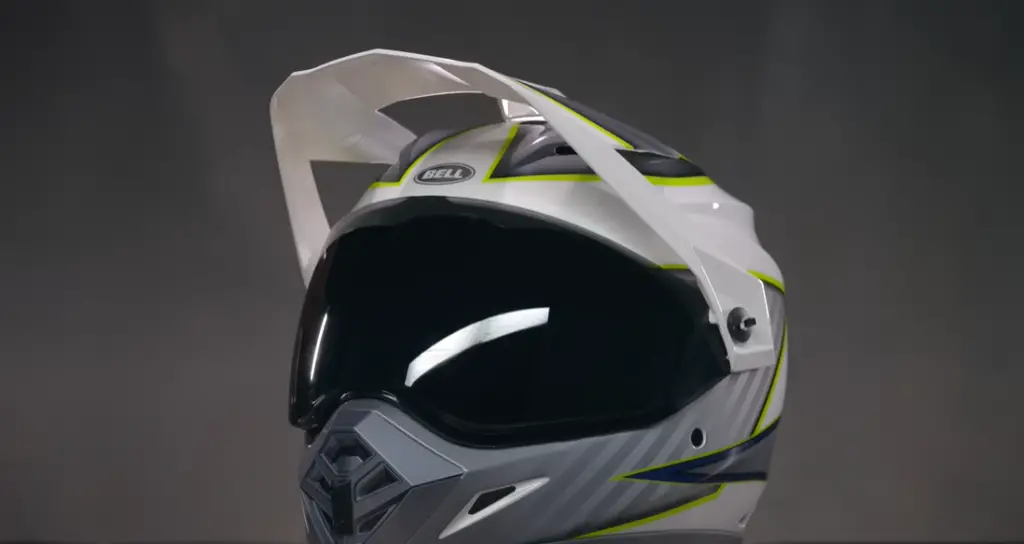
What is Tennessee helmet law 2023?
Tennessee helmet law 2023 states that all motorcycle riders must wear a helmet when operating their vehicles in the state of Tennessee. This includes any passenger who is under 18 years old or has held a permit for less than one year. In addition, helmets must meet certain standards as outlined by the Department of Safety and Homeland.
When did Tennessee pass a helmet law?
Tennessee passed a helmet law in 1983. The law requires all riders to wear helmets, regardless of their age or experience level. The helmet must meet certain standards as outlined by the Department of Safety and Homeland.
Which US states do not require motorcycle helmets?
The following states do not require motorcycle helmets by law: Alabama, Alaska, Arizona, Arkansas, Colorado, Florida, Georgia, Idaho, Indiana, Iowa, Kansas, Kentucky, Louisiana, Maine. There are also a few other states that allow motorcyclists over the age of 21 to choose whether or not they want to wear a helmet.
Is Texas a helmet state?
Yes, Texas is a helmet state. All motorcycle riders must wear a helmet when operating their vehicles in the state of Texas. This includes any passenger who is under 18 years old or has held a permit for less than one year. The helmet must meet certain standards as outlined by the Department of Public Safety.
Useful Video: What are the Helmet Laws in Tennessee?
Conclusion
In conclusion, although there is no specific law in Tennessee requiring motorcyclists to wear a helmet, state law does require that motorcycle riders have some form of eye protection while riding. Additionally, most insurance companies will require that you wear a helmet if they are going to provide coverage for your bike. Therefore, it’s best practice to always wear a helmet while riding a motorcycle in Tennessee – even if you aren’t legally required to do so. Remember that your safety should always be your top priority, and wearing a helmet can help protect you from serious injury or death in the event of an accident. So always wear a DOT certified helmet when you’re out for a ride!
Thanks for reading! We hope this article has been able to provide you with some useful information on helmet laws in Tennessee. Stay safe out there!
References:
- https://www.labrumlawfirm.com/understanding-tennessee-motorcycle-helmet-laws
- https://lernerandrowe.com/tennessee-motorcycle-helmet-laws/
- https://tntrafficsafety.org/motorcycles

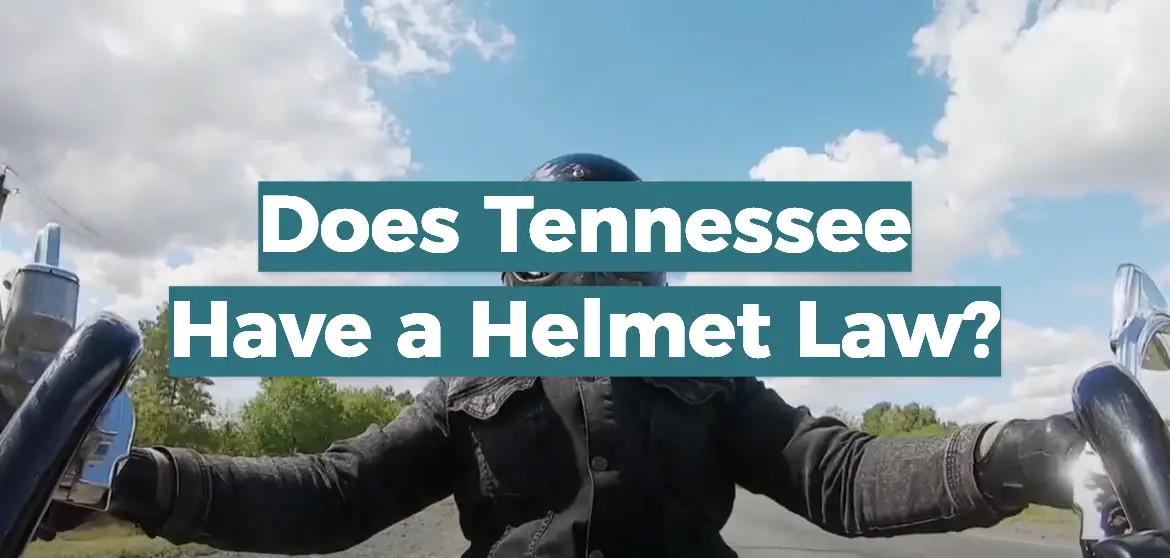
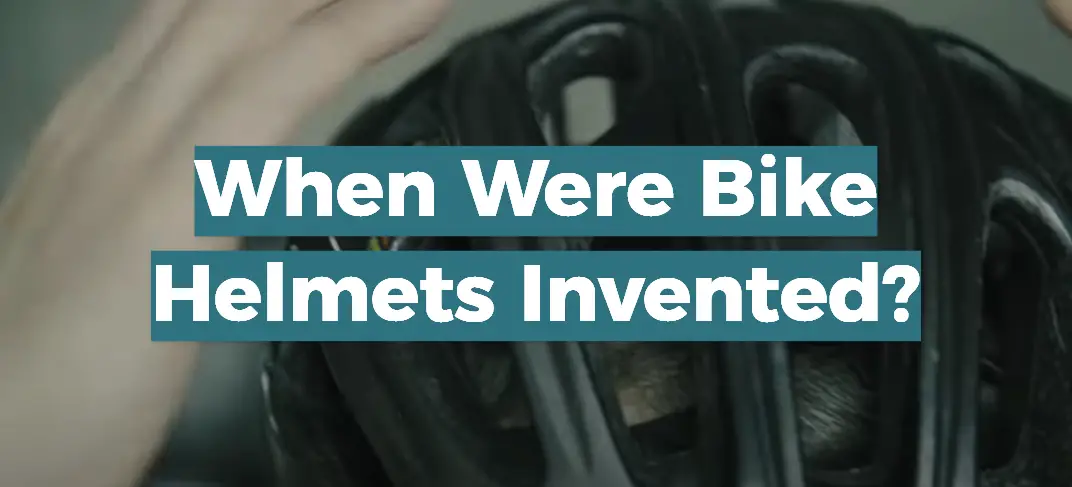
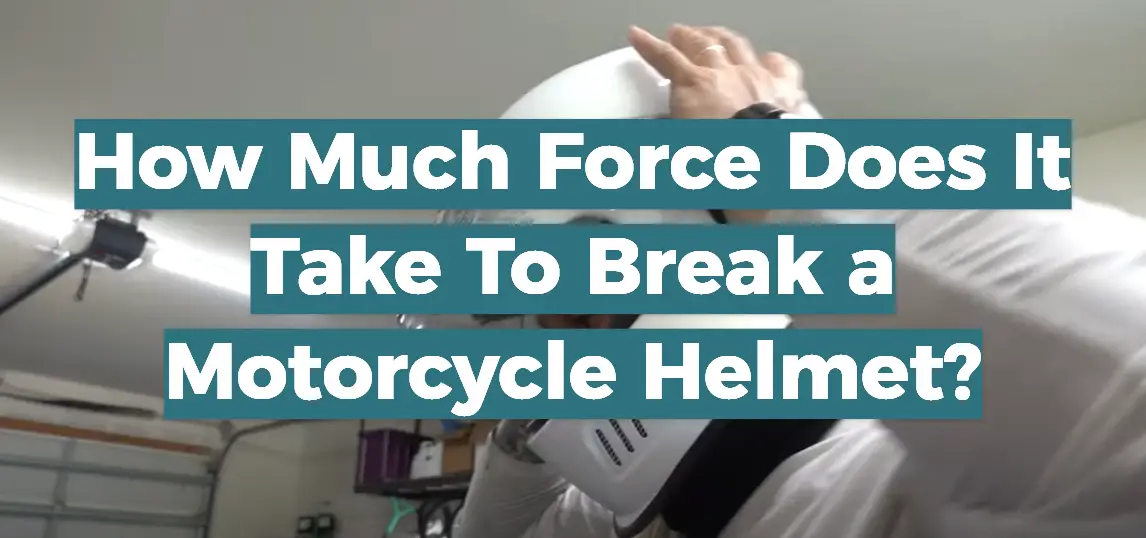

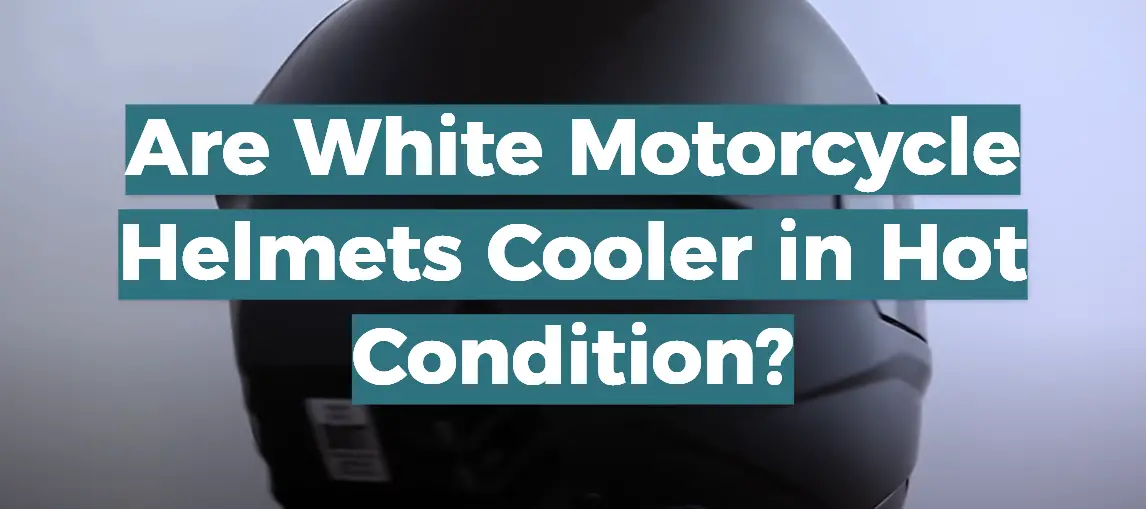
Leave a Reply